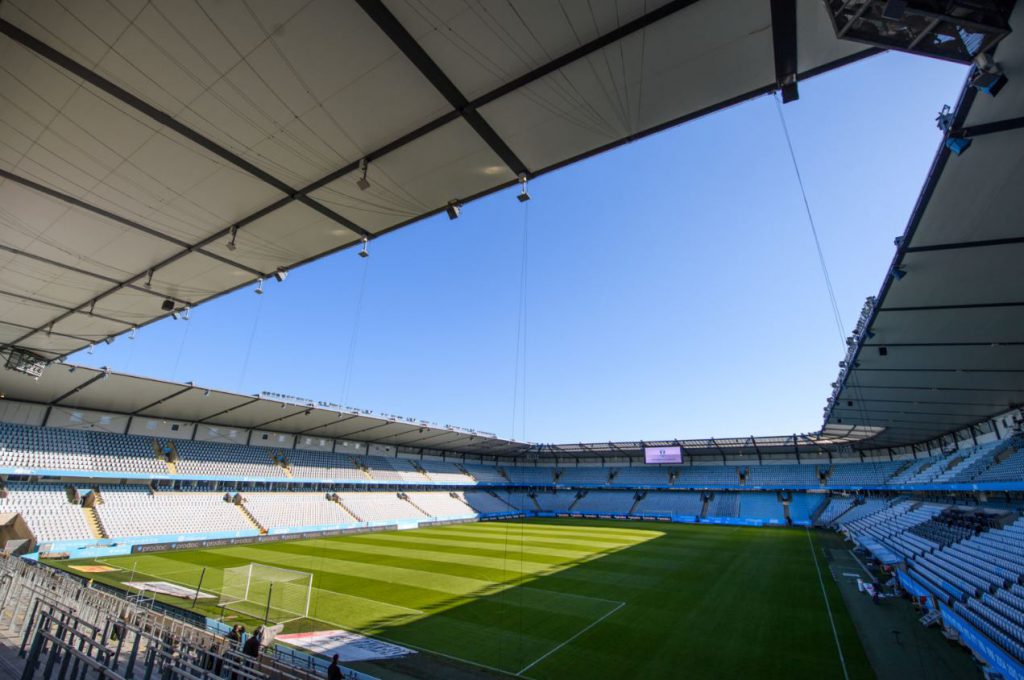Malmö FF participates in GREENFOOT project
Our member Malmö FF is joining the European sustainability project GREENFOOT. The project is part of the Horizon 2020 program funded by the European Commission.
Together with EFDN, the French and Irish Football Associations and the Football Association of Azerbaijan, Malmö FF, as the only football club in Europe, will be participating in the GREENFOOT project. The project is part of Horizon 2020, which is one of the EU’s most comprehensive programmes for research and innovation.

“Eleda Stadium is a facility that operates 365 days a year. The challenge for us is that parallel with our daily activities, we also arrange football events at least 15 times a year. It consumes a lot of energy as our northern climate requires that we work with heating and that also includes the football pitch”, said Malmö FF’s facility manager Jerry Wihlborg.
Malmö FF, together with GREENFOOT, sees a potential and untapped power in saving energy linked to football.
“This is exactly in line with our hard work to be involved and contribute to achieving Agenda 2030. This is also a sign of our good cooperation with EFDN. This project also gives us the opportunity to exchange experience and information with major players who can help us grow as a club outside the football field and take our work forward”, said Karin Heri, sustainability manager and responsible for community operations at Malmö FF. Karin will be featured in our next EFDN interview.
About the Greenfoot project
The GREENFOOT project will develop and implement a community-based financing scheme for renovating football buildings including stadiums, practice facilities and related buildings (e.g. team headquarters, fitness centres) with energy efficiency and renewable energy measures.
The central social innovation of GREENFOOT is to develop creative crowdfunding investment packages that allow sports fans and community members to partner with their favourite clubs to improve energy use, fight climate change and contribute to a cleaner local environment.

This project has received funding from the European Union’s Horizon 2020 research and innovation programme under grant agreement No 893858

Aris Limassol FC Social, Environmental, and Health Initiatives




